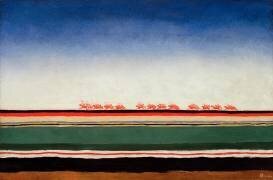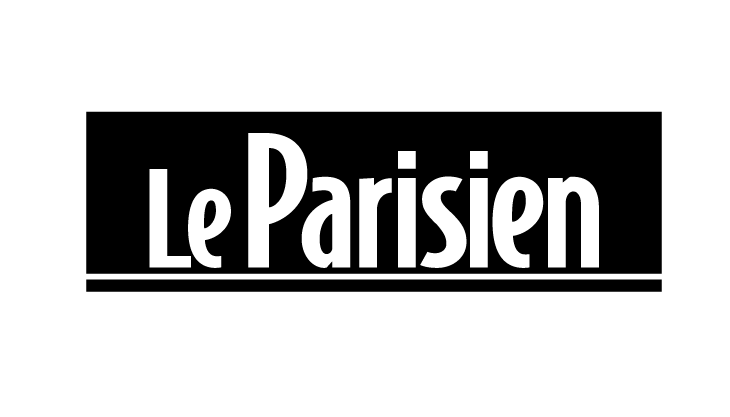Customise
Your art print
The Cry of the Palleter declaring was o... OF Joaquin Sorolla y Bastida
The Cry of the Palleter declaring was on Napoleon
The cry of the palettier declaring was on Napoleon: a landmark work by Joaquin Sorolla y Bastida
History of the work
"The cry of the palettier declaring was on Napoleon" is a fascinating canvas created by Joaquin Sorolla y Bastida in 1900.The artist, who was born in Valencia in 1863 and died in 1923, is considered one of the masters of Spanish Impressionist painting.His pictorial style is characterised by his attraction to open-air scenes and light, as well as the vivid, rapid brushstrokes that give his compositions a striking atmosphere.
This work, however, is rather atypical in Sorolla's output, as it is more in keeping with a historical and political register.
Visual description of the work
Relatively modest in format, the painting depicts a scene taking place in an artist's studio at the moment when a palettier receives the news of Napoleon's abdication. A palettier is a figure who is often overlooked by the general public, but who is essential to the production of a painting.This is because he is the person responsible for preparing the pigments and composing the palette of colours for the painters.
Sorolla's palettier appears at the centre of the composition, theatrically expressing his surprise at the announcement.His facial features show his emotion, while his pose and clothing are unmistakably reminiscent of the Napoleonic era. In the play, we can also catch glimpses of other characters also caught up in a popular uprising.
The contrasts between light and shadow, typical of the Impressionist aesthetic, are very marked here.The light comes from a window on the left of the painting and seems to bathe the palettier and his expressive gestures in brightness. This emphasis on the central figure helps to reinforce the visual impact of the painting and give it all its dramatic force.
The work in Sorolla's career
As we mentioned earlier, The cry of the palettier declaring was on Napoleon is an atypical work in Joaquin Sorolla's output. To understand the reasons that may have led the artist to produce this painting, we must first look at the context in which it was created.
A historically rooted painting
During the 19th century, when Spain was going through a period of political and social turmoil, many Spanish artists took an interest in their country's glorious past as a way of escaping the turbulence of the present. In choosing to depict an episode from the Napoleonic era, Sorolla falls into this line of artists concerned with celebrating the national heritage while taking a critical look at the contemporary situation.
.It is also interesting to note that the palettier depicted in the painting can be seen as a symbol of the artistic profession itself: despite the vicissitudes of history, art and its artisans continue to play an essential role in society.
Sorolla and politics
Although best known for his works dealing with themes such as the family or everyday life, Sorolla was not totally indifferent to the political current affairs of his time. We know, for example, that he travelled to Algeria on several occasions in the early 20th century, in particular to document the French presence in the region. These trips enabled him to meet important figures of the time, such as General Hubert Lyautey, whom he also depicted in another famous painting entitled "Portrait of General Lyautey in uniform" (1903).
By focusing on the figure of the palettier and evoking a pivotal moment in European history, The Cry of the Palettier Declaring Was on Napoleon can therefore be read as a nod to Sorolla's political concerns.
The work's impact on posterity
The cry of the palettier declaring was on Napoleon is a work emblematic of the talent and creative diversity of Joaquin Sorolla. Despite its atypical and historic character, it nevertheless often remains unknown to the general public, in favour of the sunnier, brighter canvases that have made the artist's international reputation.
However, this painting not only provides a better understanding of the richness of Sorolla's artistic career, but also offers an original perspective on other aspects of the Napoleonic era. In this way, it provides valuable evidence of the political and social commitment sometimes hidden behind artists' brushes.
This artwork is a painting from the modern period. It belongs to the impressionism style.
« The Cry of the Palleter declaring was on Napoleon » is kept at Museo de Bellas Artes, Valencia, Spain.



































